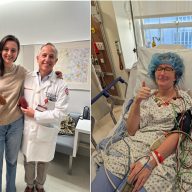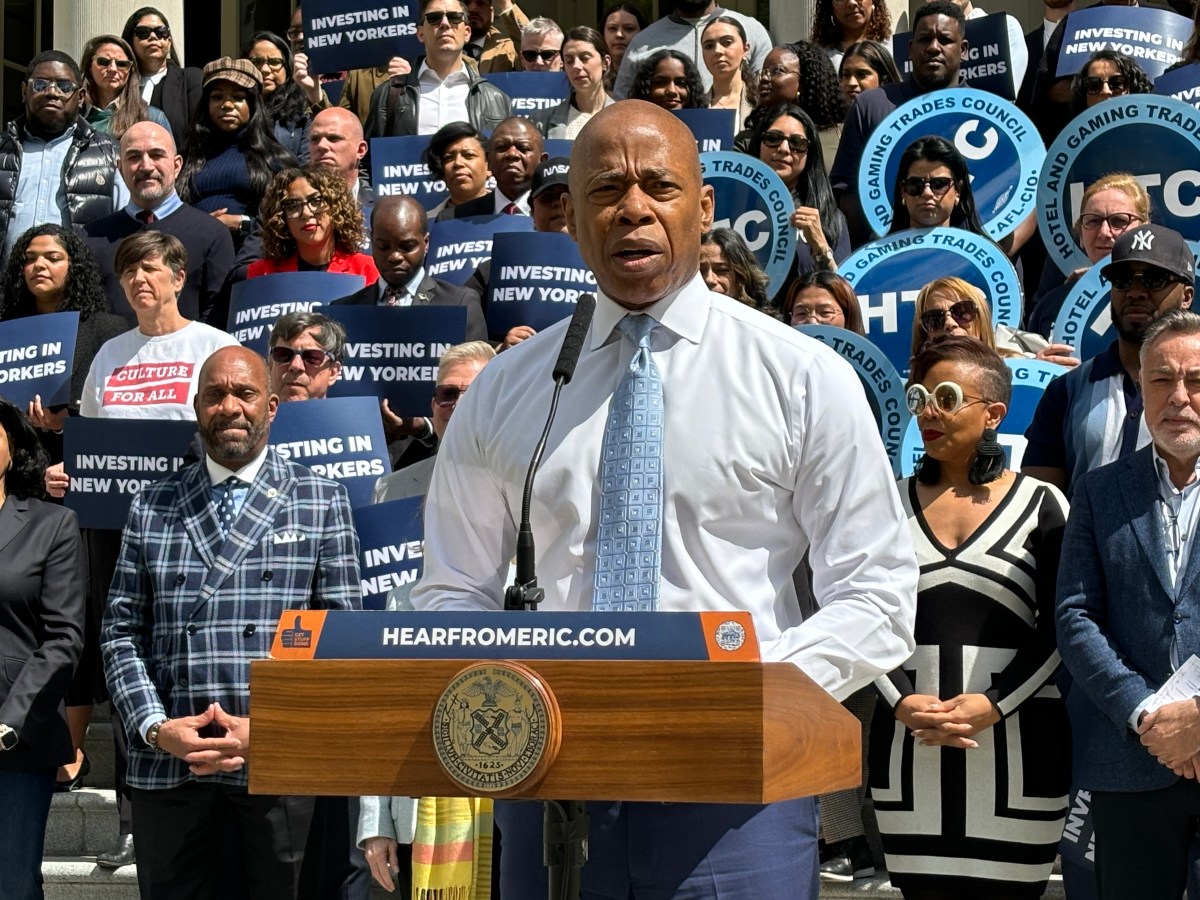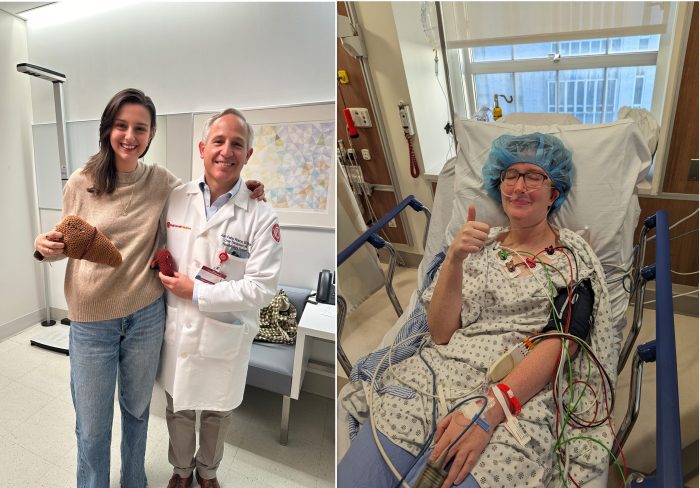Verizon has cleared the air about reports that cancer-causing toxins seeping into the site of a future Whole Foods supermarket along the Gowanus Canal came from its property a block away.
“It’s definitely not from our site,” said company spokesman John Bonomo, citing air-quality tests conducted on Dec. 29 at Verizon’s First Street site.
“Environmental scientists found absolutely no benzene,” he added. “Atmospheric readings were normal.”
The telecommunications giant tested the site when workers filed a complaint after The Brooklyn Paper revealed that crews cleaning up Whole Foods’ site on Third Avenue and Third Street told state officials that the Verizon property was “the likely source” of underground contaminants.
Verizon’s clean air test results had workers at the site breathing easier this week, though local union leaders want soil testing as well.
“We need to keep investigating until all questions are answered,” said Local 1109 president John Dempsey.
Traveling plumes of contaminated groundwater are common in areas where industry once thrived. Last year, for example, Keyspan detected benzene-laced groundwater traveling west towards hip Smith Street from a former gas production plant at Fourth Street and the canal.
In true Park Slope fashion, however, attendees of the Jan. 4 Park Slope Civic Council meeting cared more about traffic that the upscale megastore — with its 420-car parking lot — will bring to the area.
“We want to cut the traffic in our neighborhood and you seem to be encouraging people to drive,” Civic Council President Lydia Denworth told Whole Foods representatives.
Denworth and others called for a taxi drop-off area at the store and a shuttle service from distant subway stations along Fourth Avenue at Union Street or Ninth Street.
Whole Foods has promised to offer home delivery to cut down on the traffic to the store.
“The experts are telling us that traffic will not be an issue,” said David Ball, a traffic engineer working with the company. Ball added that they expect 1,500 cars per day, not 1,500 per hour, as some experts predicted.




















